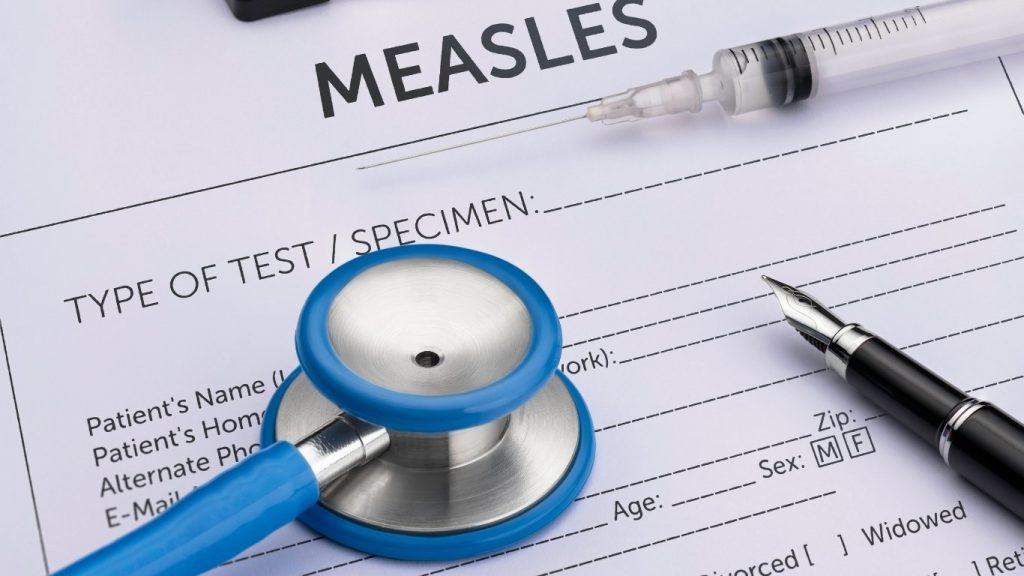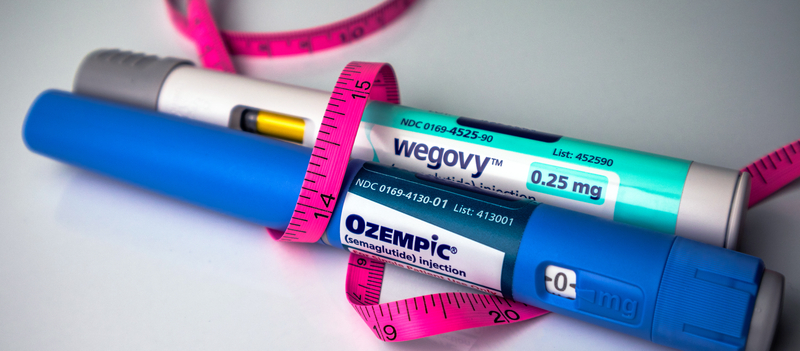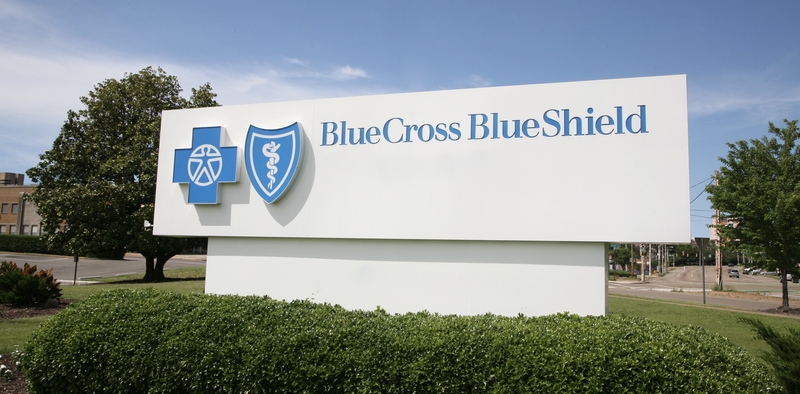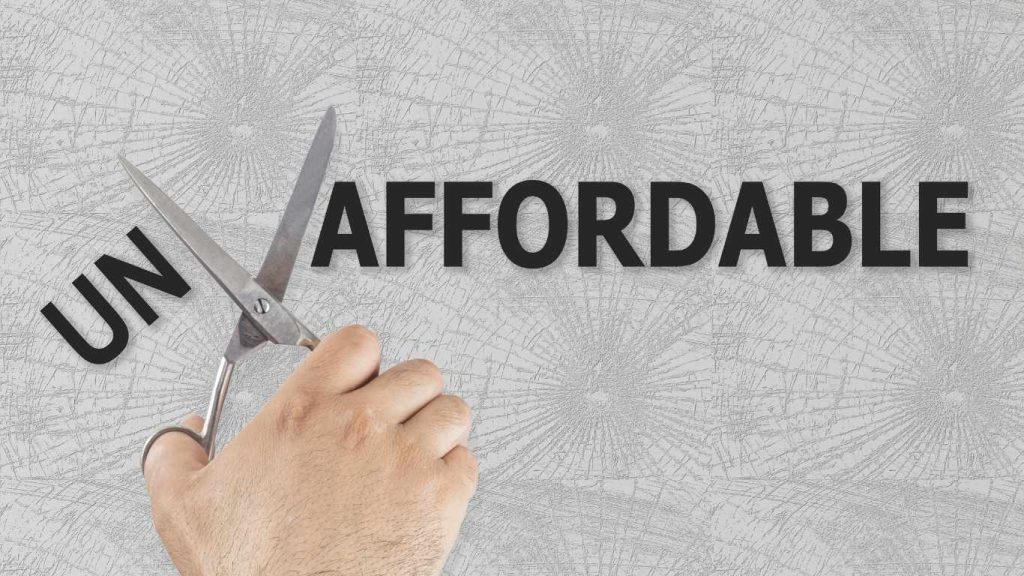- By Adjoa Kyerematen
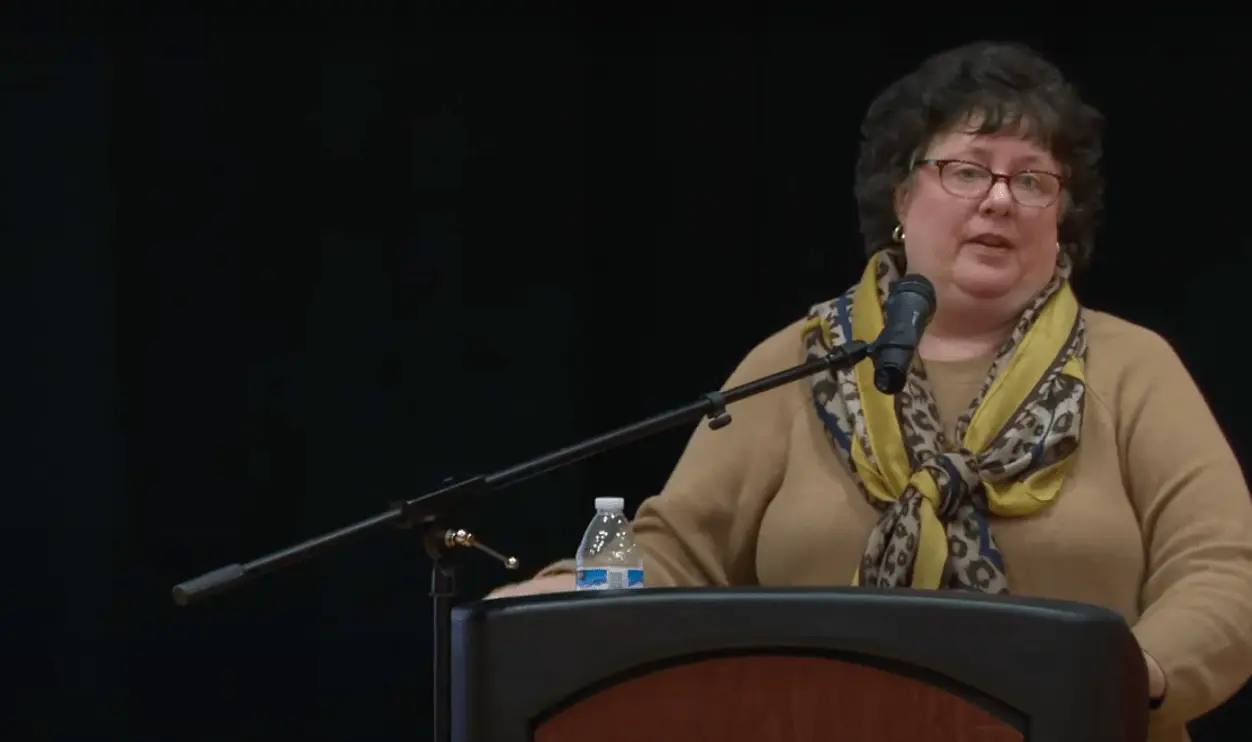
Garrní Baker of For Your Health News sat down with Dr. Laura Lee Hall of the Center for Sustainable Health Care Quality and Equity, SHC, to discuss National Influenza Week and what people should know about this year’s flu season.
Q: Could you tell us your name and title?
A: I’m Dr. Laura Lee Hall, and I am the founder of the Center for Sustainable Health Care Quality and Equity (SHC) and now the President Emeritus.
Q: Could you tell us more about what SHC is and its mission, and how it’s associated with National Influenza Week?
A: SHC is committed to promoting health and health equity at the community level, working with clinicians as well as community leaders that are trusted like church leaders and hairdressers and barbers and other champions at the community level.
We’re really helping to empower and educate and support individuals in their communities so that they can establish sustainable, improved health for everyone in that area. We have focused a great deal on vaccinations for the last few years. Vaccinations can really help prevent a lot of morbidity and even mortality. So getting a flu vaccine can prevent you from getting so sick that you have to go to the hospital, for example. And people of color are much less likely to get a vaccine, including a flu vaccine. And they, as a result, end up in the hospital with flu-related illnesses. So we are very eager to help them understand the facts about the flu and flu vaccine and support them in being able to protect their health and the health of their families and their friends and coworkers.
Q: Could you speak more about how SHC works with both clinicians and within the community around education for vaccinations?
A: Our work with clinics includes the implementation of what we call the DRIVE program. It is really an online free toolkit that any clinician, be you in an academic Health Center or a federal FQHC or free and charitable clinic, can use to educate the clinic staff about a particular topic, including the flu vaccination, and to take steps that will help you increase the rate of vaccination and health equity in terms of vaccinations for your patients. We work with clinics in over 20 states. We have more than 100 clinics that are implementing the program and they realize, on an annual basis or program basis, 15 to 20% improvement by taking the simple steps involved in DRIVE. Now when it comes to the churches and our Faith Health Alliance and the barbers and stylists in the hair program, we basically provide support to these community leaders by providing funds, small grants or mini grants, as well as education and connection to partners so they can lead a presentation at their site or implement a health fair or implement a vaccine site in partnership with the pharmacist. This is another one of our programs, the Community Pharmacist Ambassador Program, which is getting these important providers connected up with underserved communities.
Q: If any clinicians wanted to participate in that ambassador program, where would they be able to sign up for that?
A: You can go to nmqf-shc.org and you will be able to participate in the DRIVE program, the pharmacist program or join the Faith Health Alliance or Hair Program. It’s all at that one website.
Q: Is there anything else that you wanted to share about SHC’s work and anything that you have coming up that you would like to share?
A: We’re really working very hard to continue to support and promote flu vaccination. Rates are down pretty low this year. Disparities racial and ethnic are increased and a lot of people think that by the time you get to December you don’t need a flu shot, which is absolutely not true. You can really benefit from a flu vaccine through March, April, through the end of the season.
I recently co-published or co-authored a paper with Dr. Warren Jones in the Family Practice Journal talking about how family physicians are able to help promote vaccine equity. We have a meeting tomorrow. This is December 1st, where we have over 100 pharmacists coming together to learn about what they can do in their community. We have a webinar that is focused on this as well. So we have a number of activities, educational, virtual, in-person, on social media, all about why it’s important to get your flu shot and how to proceed in doing so.
I would be remiss, if you don’t mind, I wanna be able to share the fact that we have so many partners throughout the country who are doing amazing work. Doctors Daphne and Keith Ferdinand in New Orleans are beginning a big effort to promote flu vaccines in their New Orleans community for the third year in a row, for example. Our colleagues at Elmhurst Hospital and Clinic in Queens, NY have a major program going on. Our Care, a multi-state FQHC, is implementing a major program to promote flu vaccination. We’re partnering with the National Association of Free and Charitable Clinics, working with dozens of their members to implement flu vaccine programs. We’ve partnered with the Georgia Academy of Family Practice to implement flu programs. So we have a lot of great partners. I’ve just named a few who are really doing some great work around the country.
Q: One of the recent papers you just published is about PDSA if you could share more about that?
A: So the DRIVE program is based on the Rapid-Cycle Quality Improvement model or PDSA, Plan Do Study Act. I have been leading quality improvement activities for the last 25 years, based mostly on this model. It’s a simple model. You decide on something that you’re going to do, a small activity, and then you implement it. You see what happens and you decide whether it worked or not, and you can expand from there, or reboot, or just try something different. It’s something that can be applied to almost anything in practice. So it’s a skillset that practices can use to keep improving and anyone in the practice can really work on it. I’ve just published a module with the American Medical Association on how to do the PDSA model, and really all the DRIVE programs also have the PDSA template within it, so folks can go to either place and look for the tools, and get going.
Q: That was my last question and I’ll leave the floor open if there’s anything else that you want to share?
A: I’m honored to have this opportunity both to speak to you and to be a part of NMQF and with SHC and my teammates there and I would invite anyone who’s listening, look us up. Join us. Everyone can do something to promote health equity in their community and we’d love to work with you. So thank you all.
To learn more about the Center for Sustainable Health Care Quality and Equity, visit its website, or email Dr. Laura Lee Hall at shc@nmqf.org.
Trending Topics
Features
- Drive Toolkit
Download and distribute powerful vaccination QI resources for your community.
- Health Champions
Sign up now to support health equity and sustainable health outcomes in your community.
- Cancer Early Detection
MCED tests use a simple blood draw to screen for many kinds of cancer at once.
- PR
FYHN is a bridge connecting health information providers to BIPOC communities in a trusted environment.
- Medicare
Discover an honest look at our Medicare system.
- Alliance for Representative Clinical Trials
ARC was launched to create a network of community clinicians to diversify and bring clinical trials to communities of color and other communities that have been underrepresented.
- Reducing Patient Risk
The single most important purpose of our healthcare system is to reduce patient risk for an acute event.
- Subash Kafle
- Jessica Wilson
- Victor Mejia

